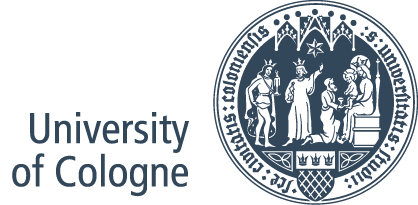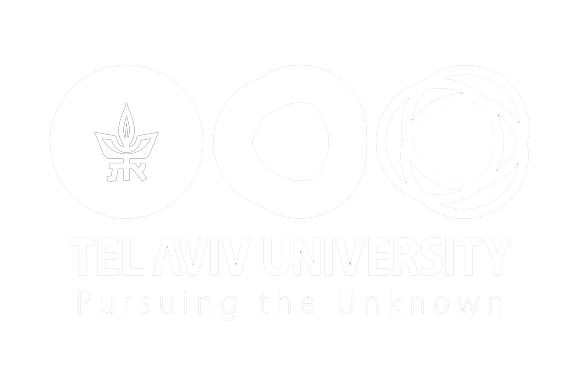What are you searching for?
Research
The research groups in C-SEB
DFG research units are groups of outstanding researchers that receive personnel and material resources from the German Research Foundation (DFG). The units are aimed at establishing new fields of research and usually funded for a duration of six years. Each group has a defined research topic from which various program modules are derived.
The
University of Cologne Forums are part of the development plan for excellent research which the UoC defined in its Institutional Strategy „The Challenge of Change and Complexity“. This funding line supports small projects with the main purpose of advancing scientific exchange within the UoC and between its partners. The UoC Forum has a flexible funding structure that makes it easy for scientists to realise innovative projects with new ideas.
UoC Special Research Unit “Behavioral Management Science”
The
Behavioral Management Science Unit is a network of C-SEB members and other researchers of the Faculty of Management, Economics, and Social Sciences at the UoC that conducts research on management practices by employing methods and models from behavioral economics.
The group’s research focuses on understanding social behavior within and across organizations by taking social preferences, behavioral biases, and other managerial factors into account. It integrates concepts from behavioral economics, psychology, and administrative sciences and utilizes theoretical modeling as well as laboratory and field experiments. The group works closely with practitioners in order to improve existing management practices and organizational performance.
Learn more
DFG Research Unit “Relativity in Social Cognition”
The
DFG Research Unit “Relativity in Social Cognition” investigates the causes and consequences of comparative thinking by incorporating findings from psychology and economics.
The interdisciplinary research group consists of eight interconnected projects that combine social cognition research with insights and approaches from animal behavior and behavioral economics research. This includes projects on self-control, cooperation, and social power. The aim is to demonstrate that comparison mechanisms can explain a wide variety of social behavior.
Learn more
Completed projects
DFG Research Unit “Psychoeconomics”
The
DFG Research Unit “Psychoeconomics” brings together researchers from different disciplines to develop an integrative, data-driven understanding of how interacting motives affect human decisions and behavior.
Research in this unit revolves around dual-process theories which build mainly on insights from cognitive and social psychology. According to these ideas, human behavior results from the interaction between two broad types of decision processes within the human mind. Automatic processes are considered to be fast, effortless, and requiring no conscious control. Controlled processes are described as slower, not immediate, and at least in part conscious. The aim of this research group is to incorporate dual-process theories into economics, in order to improve our understanding of economic rationality and decision making. The research unit is composed of seven projects, dealing with a broad range of applications. These include research on economic rationality, decision making, social preferences, and statistical methods.
Learn more
UoC Forum “Managerial Risk Factors in Medicine”
The UoC Forum “Managerial Risk Factors in Medicine” combines medicine with management science and economics as two collateral points of view. The primary objective of the forum is to identify managerial risk factors in medicine that positively influence treatment outcomes.
The focus here is on interdisciplinary research that is concerned with the relationship between system and member characteristics as well as design and treatment outcomes.
Learn more
UoC Forum “Advancing Common Pool Resource Management in Heterogeneous Groups”
The
UoC Forum “Advancing Common Pool Resource Management in Heterogeneous Groups” is an interdisciplinary research collaboration between economists and social anthropologists in order to study common pool resource management in the Global South.
By combining expertise in behavioral economics and ethnology, the forum investigates human cooperation in community-based natural resource management (CBNRM) in Namibia from a behavioral perspective, building on extensive previous fieldwork. The long-term goal is to provide policy advice, that is grounded in theory and pre-tested in the field, for managing the commons in the global South.
Learn more
DFG Research Unit “Design & Behavior: Economic Engineering of Firms and Markets”
The
DFG Research Unit “Design & Behavior: Economic Engineering of Firms and Markets”
conducts research in order to design mechanisms in firms and markets.
Its goal is to identify behavioral complexities that are relevant for a broader range of ‘real-world’ contexts. For this, many core projects tightly connect complementary results from theory, laboratory experiments, and field research. The unit is composed of five projects, dealing with a broad range of applications. These include the social cognition of trust in markets and the design of incentive schemes within and between firms.
Learn more
UoC Forum “Motivation, Self-Control, and Economic Behavior”
The
UoC Forum “Motivation, Self-Control, and Economic Behavior” is an interdisciplinary endeavor providing a scientific platform for structuring research in the field of self-control.
Specific research topics include individual differences in self-control and their consequences for economic performance, the neural basis of human self-regulation, the effects of cognitive depletion, and the regulation of impulsive consumer behavior. In the longer run, the research agenda features two prominent objectives. The first is to develop improved models of motivation and self-control based on empirical evidence from both economics and psychology. The second is to develop better interventions to improve human self-regulation and aid economic agents in their decision making.
Learn more




